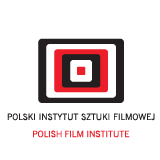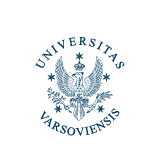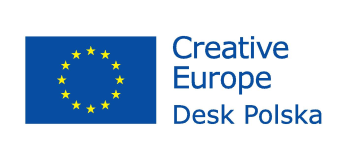
Audiovisual and Media Education in the World and in Poland – new opportunities and case studies
The aim of our conference is to identify the state of audiovisual and media education in the world and conduct a discussion on the potential in the Polish context. The conference will be a gathering of audiovisual and media theoreticians and practitioners.
By audiovisual and media education we mean both education in the field of the media, particularly film (including the study of the use of multimedia tools), and the use of media in education in other fields. We will offer talks (given live and online) from 6 countries: the Netherlands, Germany, Pakistan, Russia, Sweden, Ukraine, USA, and the United Kingdom, a talk on the policies of the European Union in this field (in a global context), and a talk and discussion presenting predictions for the future of audiovisual and media education in Poland.
The areas of interest are as follows:
- The present state (2012): the legal bases of education in these fields, institutions working with this branch of education, educational levels, special subjects at various levels of education, access of students to equipment and technology (the Internet), degree subjects and educational institutions offering this kind of education at various educational stages, opinions on the current state as of 2012, the main problems to solve, evaluations of the current situation;
- Planned changes – their conceptual foundation, a timeline, initiators and supporters of change, state institutional assistance, planned relations with the media and business community, education for the “digitally excluded”, and treating the loss of computer literacy.
- Case studies – descriptions of successful projects or events in the field of audiovisual and media education (e.g. an e-learning platform, a syllabus, an interactive radio or TV programme, a set of teaching materials etc.).
Here is a list of the main questions for discussion:
- The media is a “vanishing subject” of theoretical reflection – since it evolves more quickly than the knowledge about it. In what way can theories of media in audio-visual education, and knowledge from other fields (such as: sociology, philosophy, anthropology, psychology, and film and literature studies) be used most effectively for schoolchildren and students, and participants in the media?
- A number of speakers have experience in film education. This includes, of course, the experience of the Polish Film Institute, one of the main organisers of the conference. How can that experience be made use of in other areas of interest to us, i.e. in teaching about media other than film and in reflections on the applications of media in teaching in all other fields of study?
- Several speakers will present case studies or the results of research. It seems interesting to what extent these activities were – or are – determined by systemic solutions applying in the field of media education in a given country.




